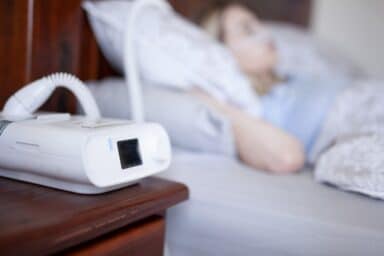

This therapist directory is offered in partnership with BetterHelp. If you sign up for therapy after clicking through from this site, HelpGuide will earn a commission. This helps us continue our nonprofit mission and continue to be there as a free mental health resource for everyone.
Need to talk to someone now? Find a crisis helpline
If you're a BetterHelp therapist with questions about your directory listing, please contact therapists@betterhelp.com
Getting quality sleep is vital to your productivity, energy, and mental and physical health. Explore the different types and treatments of sleep problems and disorders—and what you can do to get a better night’s sleep.
View FAQs




The causes of insomnia, and what to do when you can’t sleep



